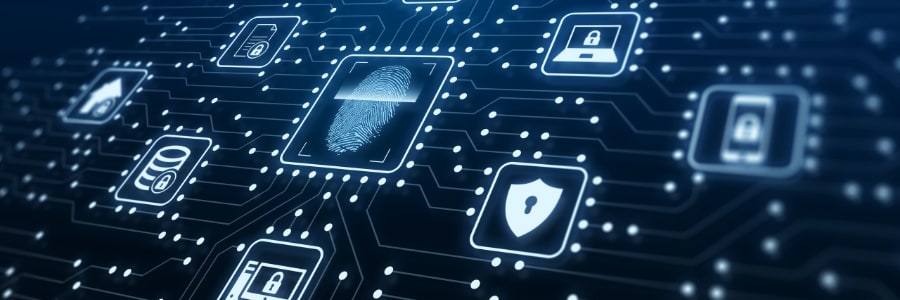The COVID-19 pandemic pushed many businesses to embrace a work from home setup. However, one of the challenges managers faced was checking the productivity of each employee. Monitoring employees online is a good way of tracking the productivity of a remote workforce.
Is It Beneficial For Employers To Track Employees’ Online Activities?
What Is Data Privacy?
In simple terms, data privacy means ensuring confidential information remains confidential. The goal of data privacy is to provide a path for organizations to legally collect information, while prioritizing individual rights to privacy. In order to achieve that goal, data collectors must implement security procedures that determine what data gets collected, how it’s collected, how it’s stored and transferred, who has access to it and, most importantly, how it’s protected.
Do You Safeguard Your Company’s Data And Your Customers’ Private Information BETTER THAN Equifax, Yahoo and Target Did?
If the answer is “NO” – and let’s be honest, the answer is no – you are leaving yourself and your company open to massive liability, millions in fines and lost business, lawsuits, theft and so much more.
Why? Because you are a hacker’s #1 target.
Stay Compliant By Upping Your Cyber Security
If you own or operate a business, there are plenty of things you must do to ensure success. You have to make the right hiring decisions; develop a product or service that you can sell; build relationships with clients, employees and partners; and much more.
Why Two-Factor and Two-Step Authentication Matter

Two-factor authentication and two-step authentication are both vital for data security. But what’s the difference between them? Is one authentication process better than the other for your business? In this blog post, we will break down the differences between two-factor authentication and two-step authentication to help you decide which is more suitable for your needs.
Do You Safeguard Your Company’s Data And Your Customers’ Private Information BETTER THAN Equifax, Yahoo and Target Did?
If the answer is “NO” – and let’s be honest, the answer is no – you are leaving yourself and your company open to massive liability, millions in fines and lost business, lawsuits, theft and so much more. Why? Because you are a hacker’s #1 target.
6 Things To Do NOW To Boost Your Security Ahead Of Potential Russian Cyberattacks
Is Your Business Protected?
The number as well as the severity of cyber attacks originating in Russia could potentially increase in the coming weeks. Follow these steps to increase your cyber threat protection, response and resilience.
Which Web Browser Is The Most Secure?
Windows 11 Settings You Should Turn Off

Do you feel like your online activity is being spied on? That’s because it probably is — but not by cybercriminals as you might think. It’s more likely that it’s your operating system that’s tracking your information. Learn more about Windows 11’s not-so-private settings and how to fix them to ensure your privacy.
It’s Time To Wake Up To The Reality Of Cyber Security In 2022

All across the world, hackers are targeting and exploiting security weaknesses and holding data hostage. In May, the Colonial Pipeline was hit by a cyber-attack that disrupted fuel supplies along the East Coast for several days. The company – and the FBI – paid hackers $4.4 million in Bitcoin to regain control of the system.


